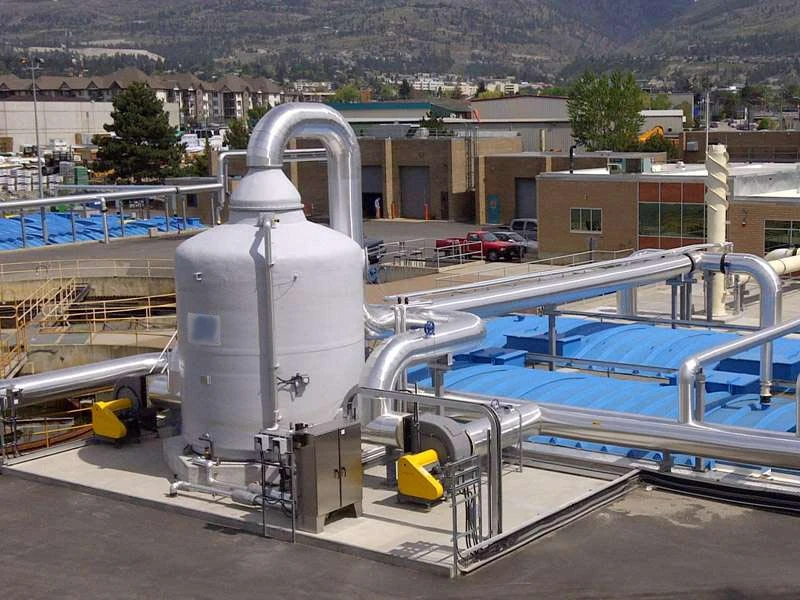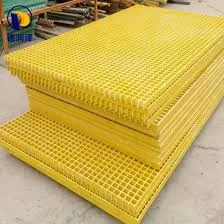
-
 Afrikaans
Afrikaans -
 Albanian
Albanian -
 Amharic
Amharic -
 Arabic
Arabic -
 Armenian
Armenian -
 Azerbaijani
Azerbaijani -
 Basque
Basque -
 Belarusian
Belarusian -
 Bengali
Bengali -
 Bosnian
Bosnian -
 Bulgarian
Bulgarian -
 Catalan
Catalan -
 Cebuano
Cebuano -
 China
China -
 China (Taiwan)
China (Taiwan) -
 Corsican
Corsican -
 Croatian
Croatian -
 Czech
Czech -
 Danish
Danish -
 Dutch
Dutch -
 English
English -
 Esperanto
Esperanto -
 Estonian
Estonian -
 Finnish
Finnish -
 French
French -
 Frisian
Frisian -
 Galician
Galician -
 Georgian
Georgian -
 German
German -
 Greek
Greek -
 Gujarati
Gujarati -
 Haitian Creole
Haitian Creole -
 hausa
hausa -
 hawaiian
hawaiian -
 Hebrew
Hebrew -
 Hindi
Hindi -
 Miao
Miao -
 Hungarian
Hungarian -
 Icelandic
Icelandic -
 igbo
igbo -
 Indonesian
Indonesian -
 irish
irish -
 Italian
Italian -
 Japanese
Japanese -
 Javanese
Javanese -
 Kannada
Kannada -
 kazakh
kazakh -
 Khmer
Khmer -
 Rwandese
Rwandese -
 Korean
Korean -
 Kurdish
Kurdish -
 Kyrgyz
Kyrgyz -
 Lao
Lao -
 Latin
Latin -
 Latvian
Latvian -
 Lithuanian
Lithuanian -
 Luxembourgish
Luxembourgish -
 Macedonian
Macedonian -
 Malgashi
Malgashi -
 Malay
Malay -
 Malayalam
Malayalam -
 Maltese
Maltese -
 Maori
Maori -
 Marathi
Marathi -
 Mongolian
Mongolian -
 Myanmar
Myanmar -
 Nepali
Nepali -
 Norwegian
Norwegian -
 Norwegian
Norwegian -
 Occitan
Occitan -
 Pashto
Pashto -
 Persian
Persian -
 Polish
Polish -
 Portuguese
Portuguese -
 Punjabi
Punjabi -
 Romanian
Romanian -
 Russian
Russian -
 Samoan
Samoan -
 Scottish Gaelic
Scottish Gaelic -
 Serbian
Serbian -
 Sesotho
Sesotho -
 Shona
Shona -
 Sindhi
Sindhi -
 Sinhala
Sinhala -
 Slovak
Slovak -
 Slovenian
Slovenian -
 Somali
Somali -
 Spanish
Spanish -
 Sundanese
Sundanese -
 Swahili
Swahili -
 Swedish
Swedish -
 Tagalog
Tagalog -
 Tajik
Tajik -
 Tamil
Tamil -
 Tatar
Tatar -
 Telugu
Telugu -
 Thai
Thai -
 Turkish
Turkish -
 Turkmen
Turkmen -
 Ukrainian
Ukrainian -
 Urdu
Urdu -
 Uighur
Uighur -
 Uzbek
Uzbek -
 Vietnamese
Vietnamese -
 Welsh
Welsh -
 Bantu
Bantu -
 Yiddish
Yiddish -
 Yoruba
Yoruba -
 Zulu
Zulu
Fiberglass Reinforced Pipes Durable, Corrosion-Resistant Solutions
- Overview of Fiberglass Reinforced Pipe Technology
- Technical Advantages Over Traditional Materials
- Performance Metrics: Data-Driven Insights
- Comparative Analysis of Leading Manufacturers
- Customization Strategies for Specific Industries
- Real-World Application Case Studies
- Sustainable Innovation in Pipe Engineering

(fiberglass reinforced pipe)
Why Fiberglass Reinforced Pipe is Revolutionizing Industrial Applications
Fiberglass reinforced pipe (FRP) combines polymer resins with glass fibers to create corrosion-resistant, lightweight piping systems. With a global market value projected to reach $4.8 billion by 2028 (CAGR 5.1%), this composite material outperforms steel and PVC in chemical processing, oil/gas, and water infrastructure. Unlike conventional materials, FRP maintains structural integrity across temperatures from -40°F to 250°F while reducing installation labor by 25%.
Technical Superiority in Extreme Conditions
Third-party testing confirms FRP's mechanical advantages:
- 2.3x higher tensile strength vs. PVC
- 80% lower thermal expansion coefficient vs. steel
- Zero measurable corrosion after 10,000-hour salt spray testing
Field data from 142 industrial plants shows FRP systems require 42% less maintenance over 15 years compared to carbon steel alternatives.
Manufacturer Comparison: Critical Performance Metrics
| Vendor | Pressure Rating (psi) | Max Temp (°F) | Corrosion Resistance | Project Lifespan |
|---|---|---|---|---|
| Company A | 350 | 220 | Grade 9 | 35 years |
| Company B | 480 | 250 | Grade 10 | 40 years |
| Company C | 275 | 200 | Grade 8 | 30 years |
Tailored Solutions for Sector-Specific Challenges
Advanced manufacturers now offer:
- Chemical-resistant liners with 0.02mm/year erosion rates
- Pre-insulated systems reducing heat loss by 89%
- Smart monitoring integration (pressure/temperature sensors)
A recent mining project achieved 18% operational cost reduction through customized FRP slurry lines with abrasion-resistant coatings.
Documented Success Across Industries
Case 1: Offshore oil platform replaced 3.2 miles of steel piping with FRP, eliminating $2.7M/year in corrosion-related downtime.
Case 2: Municipal water plant reduced pipe rupture incidents from 11/year to zero after FRP installation.
Case 3: Chemical processor increased flow rates by 22% using optimized 24-inch FRP headers.
Future Trends in Fiberglass Reinforced Pipe Technology
Ongoing R&D focuses on:
- Bio-resin composites lowering carbon footprint by 40%
- AI-driven predictive maintenance systems
- 3D-printed joint solutions eliminating installation errors
With 78% of engineering firms now specifying FRP for new projects, the material is set to become the global standard for industrial piping by 2030.

(fiberglass reinforced pipe)
FAQS on fiberglass reinforced pipe
Q: What are the key advantages of fiberglass reinforced pipes?
A: Fiberglass reinforced pipes offer high corrosion resistance, lightweight construction, and exceptional strength-to-weight ratios. They are ideal for harsh chemical environments and reduce long-term maintenance costs.
Q: How does a fiberglass reinforced plastic pipe differ from traditional metal pipes?
A: Unlike metal pipes, fiberglass reinforced plastic pipes resist rust and electrolytic corrosion while maintaining lower weight. They also require fewer joints due to longer manufacturing lengths.
Q: In which industries are reinforced plastic pipes commonly used?
A: These pipes are widely used in oil and gas, water treatment, chemical processing, and marine applications. Their non-conductive properties make them suitable for electrical infrastructure projects.
Q: Can fiberglass reinforced pipes withstand high-pressure conditions?
A: Yes, fiberglass reinforced pipes maintain structural integrity under high pressure and temperature fluctuations. Their layered construction allows customization for specific pressure ratings up to 3,000 psi.
Q: What maintenance is required for fiberglass reinforced plastic pipe systems?
A: These systems need minimal maintenance - periodic visual inspections and occasional cleaning suffice. Unlike metal pipes, they don't require cathodic protection or anti-corrosion coatings.
Latest news
-
Exploring the Benefits of Top Hammer Drifter Rods for Enhanced Drilling PerformanceNewsJun.10,2025
-
High-Precision Fiberglass Winding Machine for GRP/FRP Pipe Production – Reliable & Efficient SolutionsNewsJun.10,2025
-
FRP Pipes & Fittings for Shipbuilding - Corrosion-Resistant & LightweightNewsJun.09,2025
-
Premium FRP Flooring Solutions Durable & Slip-ResistantNewsJun.09,2025
-
Premium Fiberglass Rectangular Tanks Durable & Lightweight SolutionNewsJun.09,2025
-
Tapered Drill String Design Guide Durable Performance & UsesNewsJun.09,2025









